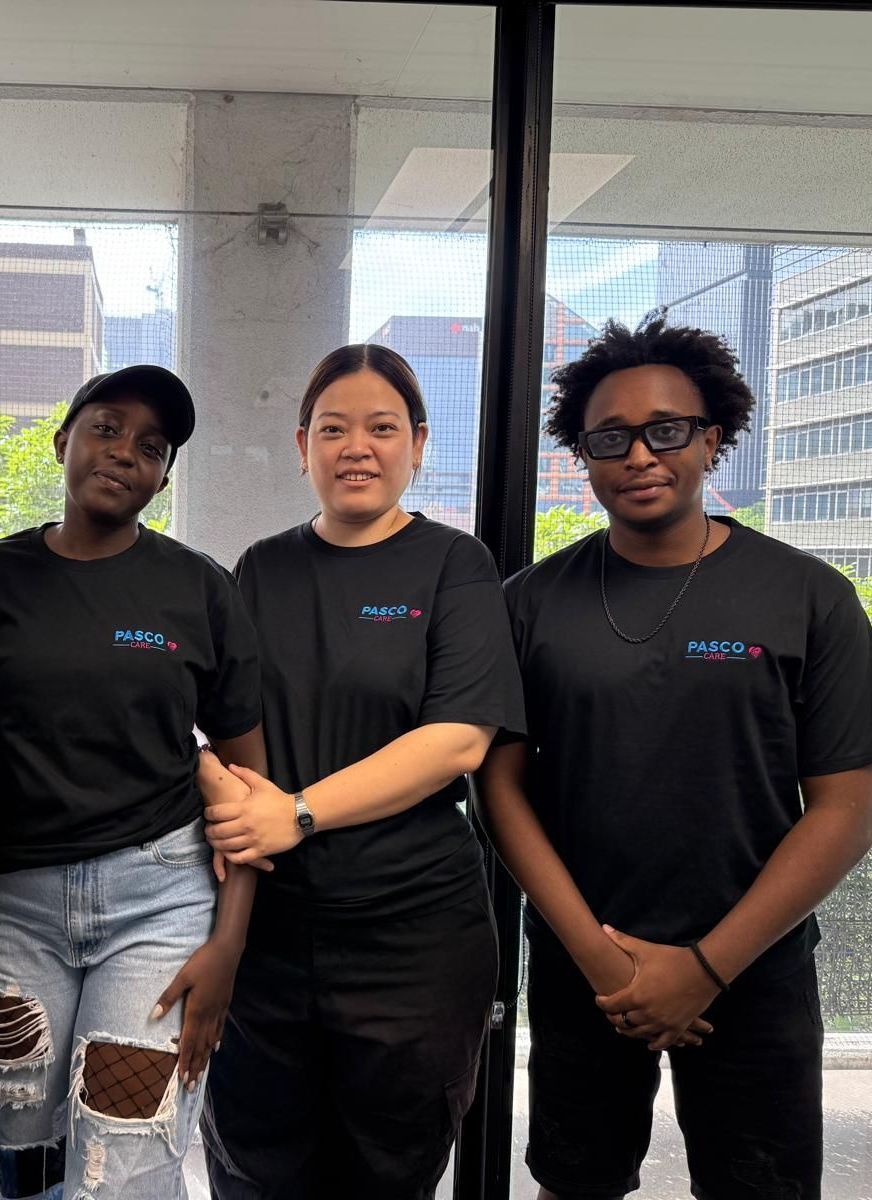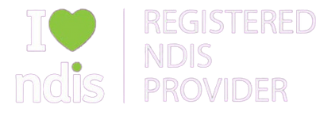Get in touch
02 8212 4485
info@pascocare.com.au
Psychosocial Recovery Coaching
Clear Guidance Through Psychosocial Recovery Coaching
Supporting You in Daily Life
Psychosocial recovery coaching helps people facing mental health challenges. It provides tools to manage life and achieve personal goals.
This service focuses on your strengths and guides you toward independence and fulfilment.
If life feels overwhelming, a recovery coach offers structure and support to simplify things. Together, you can work towards regaining balance and confidence in your daily life.
What Does a Psychosocial Recovery Coach Do?
A psychosocial recovery coach is a support professional who helps people with mental health challenges. They guide you in creating plans, building skills, and managing routines.
For instance, a coach may assist you with planning your week or developing coping strategies. Their goal is to help you feel more in control of your life.
Overcome Daily Challenges Together
Life’s tasks can feel tough when mental health challenges arise. Recovery coaching makes these tasks more manageable by breaking them into smaller, achievable steps.
Imagine working with your coach to organise your home, set reminders, or establish routines. These small changes can build a sense of stability and accomplishment.
Gain Confidence Through New Skills
Building new skills is an important part of recovery. Your coach helps you develop abilities that lead to independence and self-reliance.
For instance, you may learn to budget effectively, improve communication, or explore hobbies. These skills contribute to a more fulfilling and balanced life.
Help for You to Navigate Mental Health Obstacles
A coach doesn’t just listen; they actively help you tackle barriers in your life. Whether it’s dealing with stress or facing social interactions, they offer practical solutions to reduce your worries.
For example, they might guide you through stressful situations or teach techniques for managing anxiety. Their role is to make challenges feel less daunting.
Expand Your Support Network
A strong support network is essential for mental health recovery. Your coach connects you with community services, support groups, or local activities.
For example, they might introduce you to a nearby art therapy class or connect you with like-minded individuals. These connections create a sense of belonging and support.
Who Can Benefit from Recovery Coaching?
Recovery coaching is available to individuals with psychosocial disabilities. If mental health challenges affect your daily life or ability to manage tasks, this service is for you.
Eligibility depends on how these challenges impact your independence. A recovery coach can guide you through the process to determine your suitability for this support.
How to Start Accessing Recovery Coaching
Applying for recovery coaching begins with the National Disability Insurance Scheme (NDIS). Submit your application with evidence from a healthcare professional about how your mental health affects daily living.
Once approved, your NDIS plan will include details of the available support. If applying feels overwhelming, recovery coaches are there to assist at every step.
Real-Life Examples of Recovery Coaching
Managing Social Anxiety
A participant with severe anxiety worked with their coach to attend community events. With step-by-step guidance, they gained confidence and began participating in local activities.
Rebuilding Routine After Hospitalisation
After leaving the hospital, another participant struggled with daily structure. Their coach helped them create a manageable routine and connect with helpful resources. This led to greater stability in their life.
Exploring Employment Opportunities
A participant aiming to return to work worked on building their resume and interview skills. With their coach’s encouragement, they successfully secured part-time employment.
Breaking Down Myths About Recovery Coaching
Myth: Recovery Coaching is the Same as Therapy
Recovery coaching complements therapy. Therapy focuses on mental health treatment, while coaching applies those lessons to daily life.
Myth: It’s Only for Severe Mental Health Issues
Recovery coaching supports all levels of mental health challenges. It’s flexible and tailored to your unique needs.
Myth: Coaching Creates Dependency
Recovery coaching empowers you by teaching self-reliance. Its purpose is to build confidence and independence.
How Coaching Fits Into Your NDIS Plan
Psychosocial recovery coaching bridges your goals and the steps to achieve them. Coaches help you use your NDIS funding to its full potential, focusing on meaningful outcomes.
For instance, they may guide you in allocating funding for social activities or skill-building programs. This ensures your plan aligns with your personal priorities.
Setting and Reaching Your Goals
Recovery coaching helps you create goals that feel achievable and rewarding. These could include improving social connections, gaining employment, or learning life skills.
For example, if you aim to join a hobby group, your coach might help research options and support you through the first steps. Together, you’ll make progress toward your aspirations.
Ready to Start Your Recovery Journey?
Taking the first step can feel challenging, but you don’t have to do it alone. Recovery coaching offers the guidance and encouragement needed to move forward confidently.
Explore your options with Christie today.
Loved and recommended by Athletic Koala NDIS Website Team



